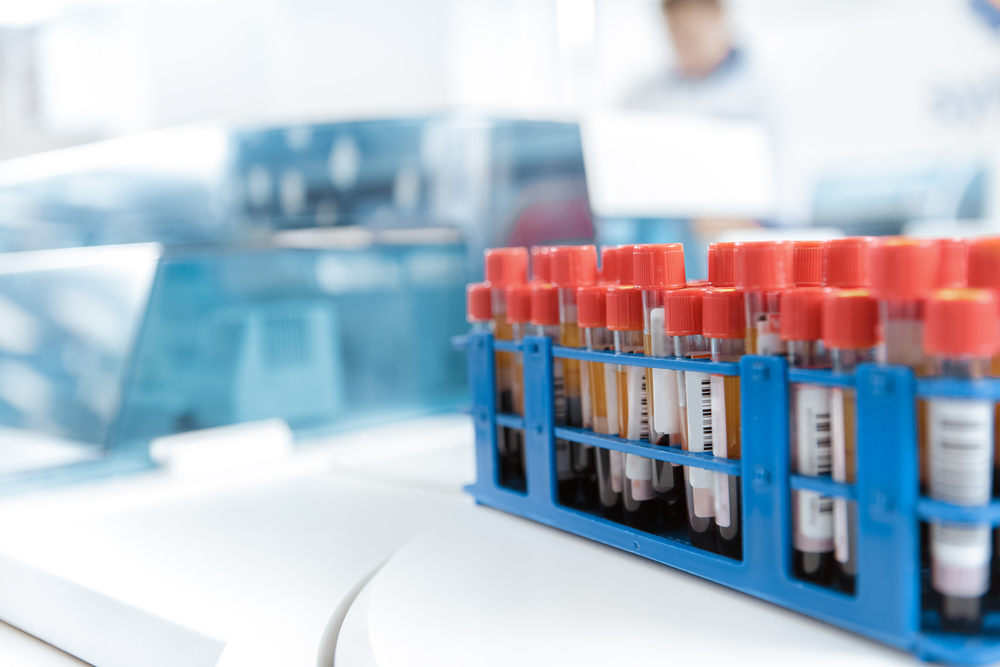Everything You Need To Know About Cholesterol
In the realm of health, cholesterol is a term often discussed, yet many remain uncertain about its significance. Understanding cholesterol is vital for maintaining good health and preventing various cardiovascular conditions. In this comprehensive guide, we delve into everything you need to know about cholesterol need to know about , including its definition, types, causes of high levels, normal values, and strategies for maintaining a healthy balance.
Table Of Content
What is Cholesterol?
Cholesterol, despite its negative connotations, is a crucial substance required by the body for various physiological functions. It is a waxy, fat-like substance found in the cells of the body and in the bloodstream. Cholesterol plays a vital role in forming cell membranes, producing hormones like estrogen and testosterone, and aiding in the digestion of fat.
Types of Cholesterol
Cholesterol travels through the bloodstream in the form of lipoproteins, which are combinations of fat (lipids) and proteins. There are two main types of cholesterol-carrying lipoproteins:
Low-Density Lipoprotein (LDL)
Often referred to as "bad cholesterol," LDL carries cholesterol from the liver to the cells. However, when there is an excess of LDL in the bloodstream, it can accumulate in the walls of arteries, leading to plaque formation and increasing the risk of heart disease and stroke.
High-Density Lipoprotein (HDL)
Known as "good cholesterol," HDL transports cholesterol away from the cells and arteries to the liver, where it is broken down and eliminated from the body. High levels of HDL are associated with a lower risk of heart disease.
What Causes High Cholesterol Levels?
Several factors can contribute to high cholesterol levels, including:
Unhealthy Diet
Consuming foods high in saturated and trans fats, such as fried foods, processed snacks, and fatty cuts of meat, can raise LDL cholesterol levels.
Lack of Physical Activity
Sedentary lifestyles can lead to weight gain and increase LDL cholesterol levels while decreasing HDL cholesterol levels.
Obesity
Excess body weight, particularly abdominal fat, is linked to higher levels of LDL cholesterol and lower levels of HDL cholesterol.
Genetics
Family history and genetics can predispose individuals to high cholesterol levels, known as familial hypercholesterolemia.
Smoking
Tobacco smoke damages blood vessels and can lower HDL cholesterol levels, making it easier for LDL cholesterol to accumulate.
Medical Conditions
Conditions such as diabetes, hypothyroidism, and kidney disease can affect cholesterol metabolism and lead to high cholesterol levels.
Understanding the Cholesterol Normal Values
To assess cholesterol levels, healthcare professionals typically measure total cholesterol, LDL cholesterol, HDL cholesterol, and triglycerides. The following are the recommended normal values:
- Total Cholesterol: Less than 200 mg/dL
- LDL Cholesterol: Less than 100 mg/dL
- HDL Cholesterol: Greater than 60 mg/dL
- Triglycerides: Less than 150 mg/dL
It's essential to note that these values may vary slightly depending on individual risk factors and medical history. Consultation with a healthcare provider is necessary for accurate interpretation and personalized recommendations.
How To Keep A Healthy Cholesterol Level?
Maintaining a healthy cholesterol level is crucial for overall well-being and reducing the risk of cardiovascular disease. Here are some effective strategies:
Adopt a Balanced Diet
Emphasize whole grains, fruits, vegetables, lean proteins, and healthy fats, such as those found in avocados, nuts, seeds, and fatty fish. Limit saturated and trans fats, as well as refined sugars and processed foods.
Engage in Regular Physical Activity
Aim for at least 150 minutes of moderate-intensity aerobic exercise or 75 minutes of vigorous-intensity exercise per week. Incorporate activities like walking, jogging, cycling, swimming, or dancing into your routine.
Maintain a Healthy Weight
Achieve and maintain a healthy weight through a combination of nutritious eating and regular physical activity. Losing excess weight can improve cholesterol levels and overall health.
Quit Smoking
If you smoke, seek support and resources to quit smoking. Quitting smoking can improve HDL cholesterol levels and reduce the risk of heart disease.
Limit Alcohol Consumption
Moderate alcohol consumption may have a protective effect on HDL cholesterol levels. However, excessive alcohol intake can lead to weight gain and adverse health effects.
Conclusion
Cholesterol, a crucial substance for various physiological functions, warrants attention due to its association with cardiovascular disease. Understanding its types, factors leading to elevated levels, normal values, and strategies for maintaining balance is crucial for heart health and overall well-being. Embracing a healthy lifestyle, including a balanced diet, regular exercise, weight management, and abstaining from smoking and excessive alcohol consumption, can effectively manage cholesterol levels, reducing the risk of heart disease. For personalized guidance and treatment options, consultation with a healthcare provider is essential.
If you're considering a cholesterol test , look no further than ASTO LABS. Offering free home collection and accurate reports, ASTO LABS ensures convenience and reliability. With ASTO LABS, you benefit from one-time collection and precise results, empowering you to take proactive steps towards optimal health. Choose ASTO LABS for comprehensive cholesterol testing and peace of mind.






